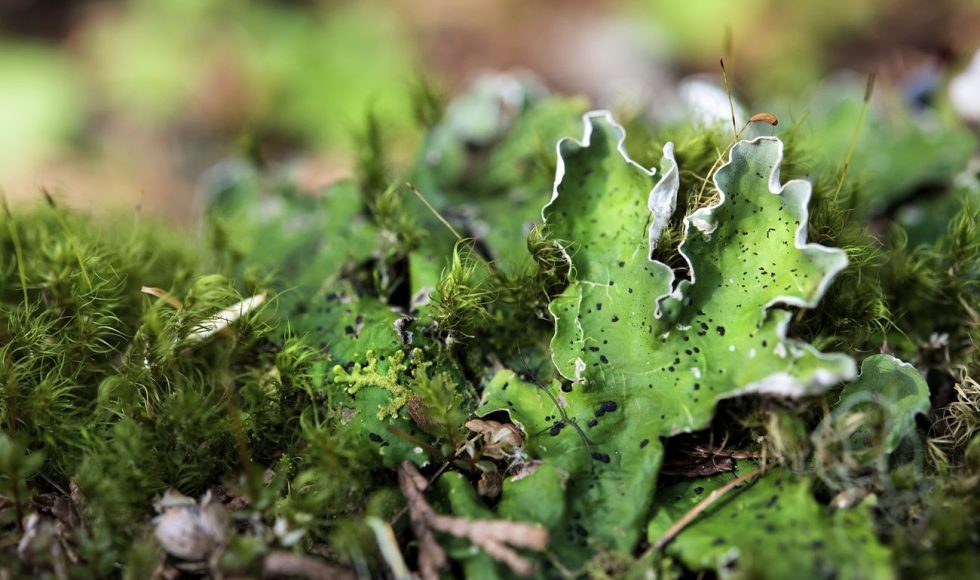I was excited to come across an Oxford Nanopore Technologies YouTube video from London Calling 2022 that included the use of the Flongle! Abigail Stack from Bayer Crop Sciences spoke about “The POREtal to advancing plant diagnostics: Flongle for tomato bacterial race typing and beyond.” Stack started by explaining their role as a plant pathologist […]
Reindert Nijland from the Wageningen University in the Netherlands wanted to teach more students about Nanopore and long-read sequencing. Nijland presented at the 2022 London Calling conference a very short (three minute) session describing how they use “Nanopore sequencing for biodiversity assessment in an educational setting.” They developed an Advanced Molecular Ecology course to help […]
Rosemary Bamford from the University of Exeter, UK, presented at London Calling 2022 on “Long-read transcriptome sequencing reveals isoform diversity across human neurodevelopment and aging.” Bamford spoke about how they are using long-read transcriptome sequencing to study neuropsychiatric disorders. I didn’t know neuropsychiatric disorders have such prevalence globally! There are some findings revealing genetic risk […]
Ashley Beck from Carroll College spoke about “Applying nanopore sequencing in the undergraduate classroom for environmental microbiome analysis” at the 2022 London Calling Conference. They explained that they are dedicated to bringing technology and education to teach undergraduates. They took samples from a contaminated river from Western Montana. With students, Beck collected samples. The next […]
Jessica Allen from Eastern Washington University presented at the Nanopore Community Meeting 2022 on “Using nanopore sequencing to investigate genome evolution in fungal symbioses: ploidy, repetitive elements, and reproduction.” Allen studies fungi and mentioned that human fungal pathogens and those affecting plant systems are on the rise. Allen studies lichens. Lichenized fungi are diverse, abundant, […]
Mantas Sereika from Aalborg University in Denmark presented at the nanopore Community Meeting 2022 on “Targeted deep metagenomics for the recovery of novel closed microbial genomes from highly complex communities.” I thought this ten-minute session had an intriguing title, as I begin to wonder what we will do next in the BIT 295 course in […]
Continuing with Devin M. Drown’s work, today I watched their Nanopore Community Meeting 2022 session entitled “Portable genomics hackathon for pathogen detection: a practical application of adaptive sampling to engage undergraduate learning.” Drown is at the University of Alaska Fairbanks. Drown explained that the MinION can be used to engage students in problem-solving and applications […]
Danielle Wrenn from the Institute of Artic Biology at the University of Alaska Fairbanks presented at the Nanopore Community Meeting 2022 on “DART: a toolbox for the rapid detection of antibiotic resistance.” Wrenn acknowledged the 2022 Genomics Hackathon in January 2022. They used Nanopore and adaptive sampling. Wrenn explained that DART’s purpose is “the rapid […]
I am now watching videos from the Oxford Nanopore Technologies (ONT) YouTube playlist that includes sessions from the NCM 2022. I want to learn more about what others are doing with Nanopore and how to use automation and pipelines more efficiently. The first session I watched tonight was on “End-to-End human genome nanopore sequencing and […]
Anupama Chandramouli presented the NCM 2022 Oxford Nanopore Technologies masterclass entitled “How to get started with nanopore sequencing and plan your experiment.” Chandramouli is a Field Application Scientist for the North East Region, Americas with Oxford Nanopore Technologies. They described the process starting with extraction of nucleic acids. Chandramouli explained that the nanopores they use […]











